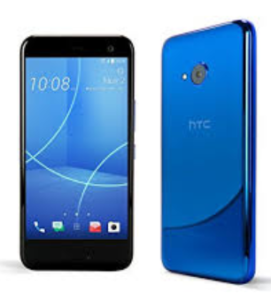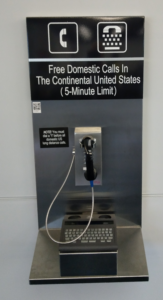 In this article I will propose that you buy your next cell phone from a different place than before, and maybe you will save several hundred dollars. Oh and toward the end of the article I will say a word or two for iPhone users. Continue reading “Selecting a new cell phone”
In this article I will propose that you buy your next cell phone from a different place than before, and maybe you will save several hundred dollars. Oh and toward the end of the article I will say a word or two for iPhone users. Continue reading “Selecting a new cell phone”
Can a Hague application claim priority from a Hague application?
Recently a colleague asked whether a second Hague application (international design application) can claim priority from a first Hague application. This is a very interesting question. The answer is yes, it can, under certain circumstances, as I will explain. Continue reading “Can a Hague application claim priority from a Hague application?”
Why would anyone convert a US provisional application to a non-provisional?
There is a procedure for converting a US provisional patent application into a non-provisional patent application. The practitioner who follows this procedure (instead of simply filing a non-provisional with a domestic benefit claim) will put the client in the position of incurring an extra government fee and losing some patent term.
So why would anyone ever carry out this procedure? There is a real-life situation where this might be the clever thing to do, as I learned the other day from a smart member of the EFS-Web listserv.
Continue reading “Why would anyone convert a US provisional application to a non-provisional?”
A nice airport amenity – free phone calls

In the early 1980s, “shoulder surfing” was practiced near public pay phones to steal calling card digits and make long distance calls. In those days, the wary traveler would cup his or her hand around the pay phone keypad so that others could not see the calling card number being keyed in.
How times have changed, as we are reminded by this nice airport amenity — a public telephone offering free calls to any telephone number in the US. What do you suppose it costs the airport to provide this amenity? Continue reading “A nice airport amenity – free phone calls”
Patent grace periods around the world
It’s a sort of sad discussion topic, but it comes up in the Internet discussion groups every few months. Here’s an example:
Do any of you know of countries outside the US that have a “grace period” after a public disclosure of an invention for filing a patent application in the country directed to the invention?
Sad because one wishes that the would-be inventor had consulted competent counsel before permitting the public disclosure to occur.
So, what’s the answer? Wouldn’t it be nice if, all in once place, somebody has compiled a list of countries with grace periods? Continue reading “Patent grace periods around the world”
Results of the test telephone calls
A few days ago I wrote a blog article asking readers all around the world to please try making a few test telephone calls. I also sent out an email blast to our firm’s email mailing list, asking readers to please read the blog article and place a few test calls. The goal was to test out some special telephone numbers in the 883 country code (called iNum numbers). I was intrigued by the results. Continue reading “Results of the test telephone calls”
A tip of the hat to the Patent Docs blog
 I am delighted to see that fellow bloggers at the MBHB firm have blogged about the upcoming pharma/biotech webinar that we are sponsoring free of charge next week. Continue reading “A tip of the hat to the Patent Docs blog”
I am delighted to see that fellow bloggers at the MBHB firm have blogged about the upcoming pharma/biotech webinar that we are sponsoring free of charge next week. Continue reading “A tip of the hat to the Patent Docs blog”
Why caller ID spoofing is not easy to prevent
A loyal blog reader asked:
What prevents the U.S. telephone carriers from ending the use of spoofed caller-IDs? It would seem possible to put an authenticated (tokenized) caller-ID system in place for in-country calls that maintains the originating number, or at least flags the displayed number with some symbol if it cannot be authenticated.
This is a very good question. The answer might surprise him. Continue reading “Why caller ID spoofing is not easy to prevent”
